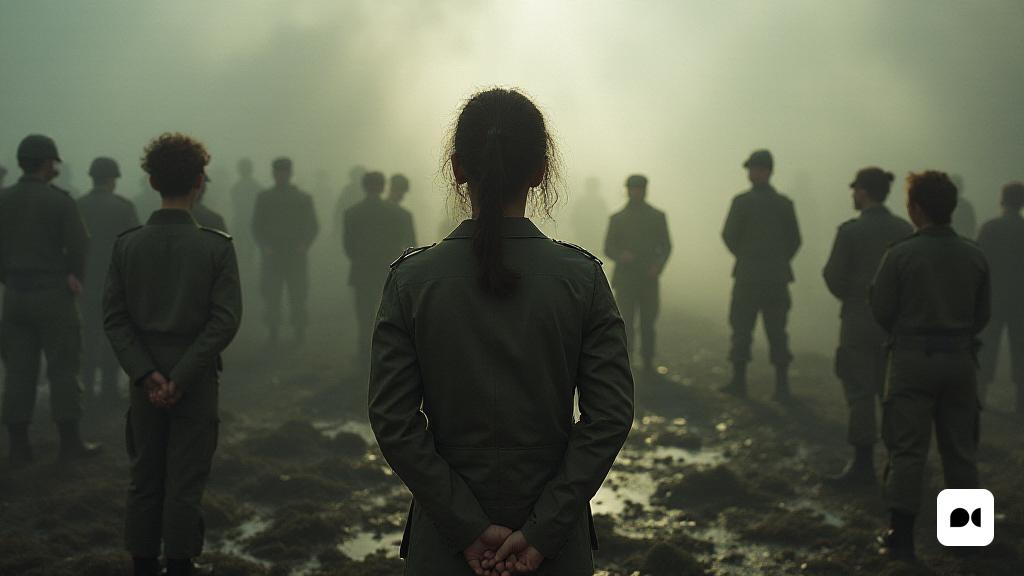Euthanasia as an act of freedom
In today’s society, euthanasia is presented as a controversial option that challenges traditional notions about life and death. Many times, it is considered an act of personal freedom, a way of deciding the moment and the way to leave this world with dignity. While some voices see it as a real suicide, others argue that it is an inalienable right to choose their own destiny.
The human cost of wars
Statistics are alarming: in conflicts such as Russia and Ukraine, thousands of young people have lost their lives, including many who never had the opportunity to live fully. These losses not only reflect the violence of war, but also the inability of society to protect future generations. The war, in its nucleus, is a business that causes irreparable damage.
Self -Conduct: a necessary distinction
Many can confuse euthanasia with suicide or homicide, but these actions are fundamentally different. Euthanasia involves a conscious decision to end life to prevent unnecessary suffering, an act that can be considered a self -confidence. In this context, it is clear that legal and moral support for euthanasia is essential to ensure that people can die with dignity.
The right to die dignity
Current legislation, which often excludes medical professionals from penalty, leaves in a vulnerable situation to those who seek assistance to end their suffering. The question that arises is: why should those who have decided that their lives no longer make sense to be penalized? Society must evolve into a deeper understanding of what it means to live and die dignified.
A necessary debate
The conversation about euthanasia is not just a legal debate; It is a moral debate that touches the deepest fibers of humanity. To face death, as many people do in hospitals and geriatrics, we are strong to consider the quality of life and dignity in death. The words of despair that are often heard in times of suffering remind us of the importance of a worthy option.
The vision of death as part of life
Biological death should not be seen as a failure, but as a continuation of living, a time when consciousness can transcend. Thus, euthanasia can be considered an act of love, a last gift to self and loved ones. Helping a person die dignified is not an act of violence, but an act of compassion and respect for their will.
A call for reflection
The debate on euthanasia invites us to rethink not only the laws that govern us, but also our own beliefs about life and death. Who has the right to determine how we must live our last moments? Maybe it’s time to recognize that euthanasia, far from being an act of despair, can be a path to a dignified and loving death.

